Russia has the potential to help Africa overcome the energy shortage that hinders sustainable economic development on the continent.
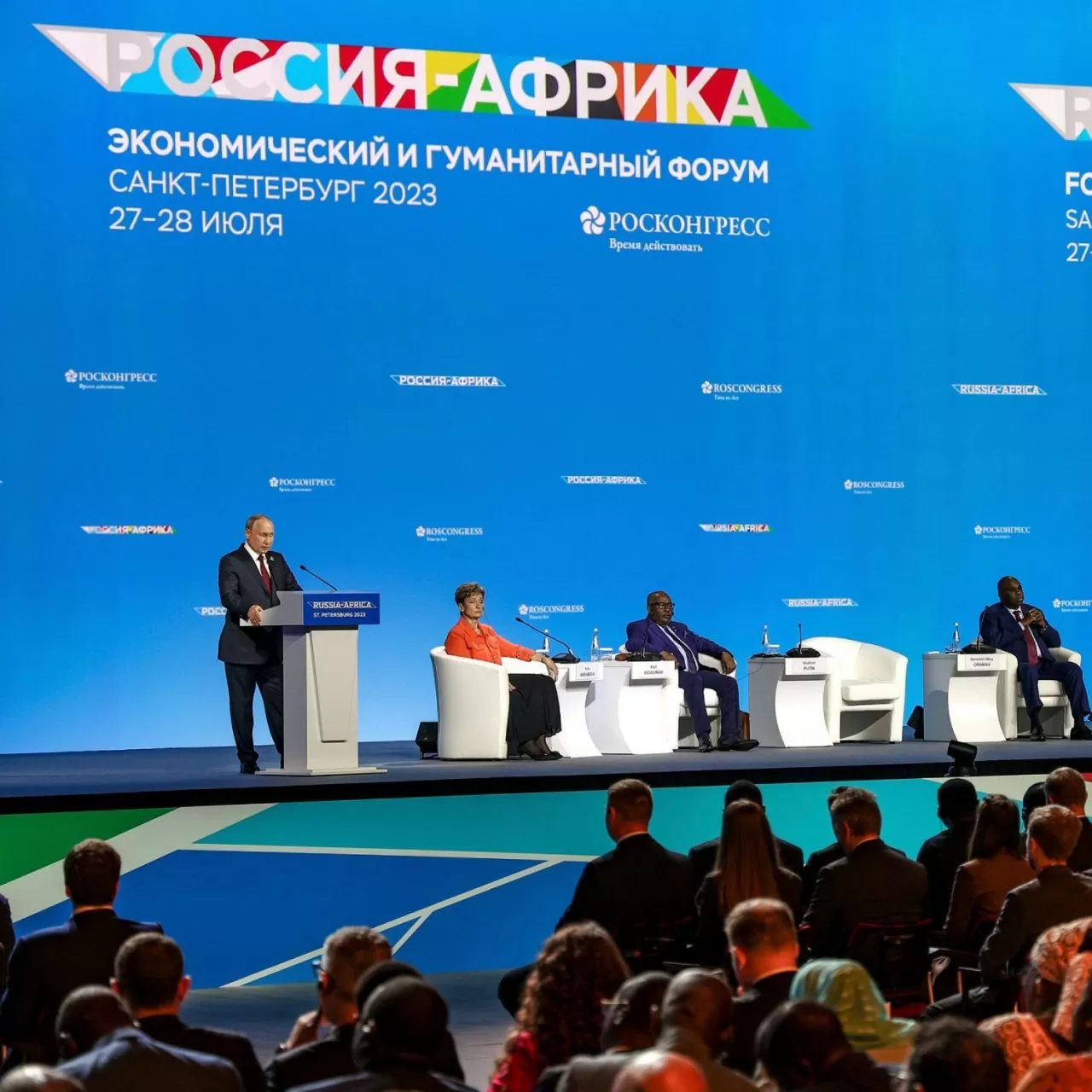 |
| The second Russia-Africa Summit will take place in St. Petersburg (Russia) from July 27-28, 2023. (Source: AP) |
This is the opinion of Mr. Kester Kenn Klomegah in an article titled "An Insight into Russia's Nuclear Partnership with Africa" published in Modern Diplomacy on November 25.
At the Russia-Africa Summits in October 2019 and July 2023, Russian President Vladimir Putin emphasized the important role of nuclear energy cooperation in the geopolitical engagement between the two sides. At the St. Petersburg Summit, the two sides announced important agreements on strengthening nuclear capabilities, paving the way for promoting industrial development in Africa.
Since taking office in 2001, President Putin has repeatedly affirmed that Russia is ready to support Africa in building a complete nuclear industry according to the "turnkey" model.
However, despite signing many civil nuclear cooperation agreements over the past decade, bilateral cooperation results remain limited, mainly remaining at the level of propaganda work and plans on paper.
Several countries have signed nuclear power plant construction agreements with Moscow, including Algeria, Ghana, Ethiopia, Congo, Nigeria, Rwanda, South Africa, Sudan, Tunisia, Uganda, and Zambia. Russia has also signed memoranda of understanding with Kenya and Morocco. Intergovernmental commissions have also been established to focus on nuclear diplomacy and cooperation in the application of nuclear energy.
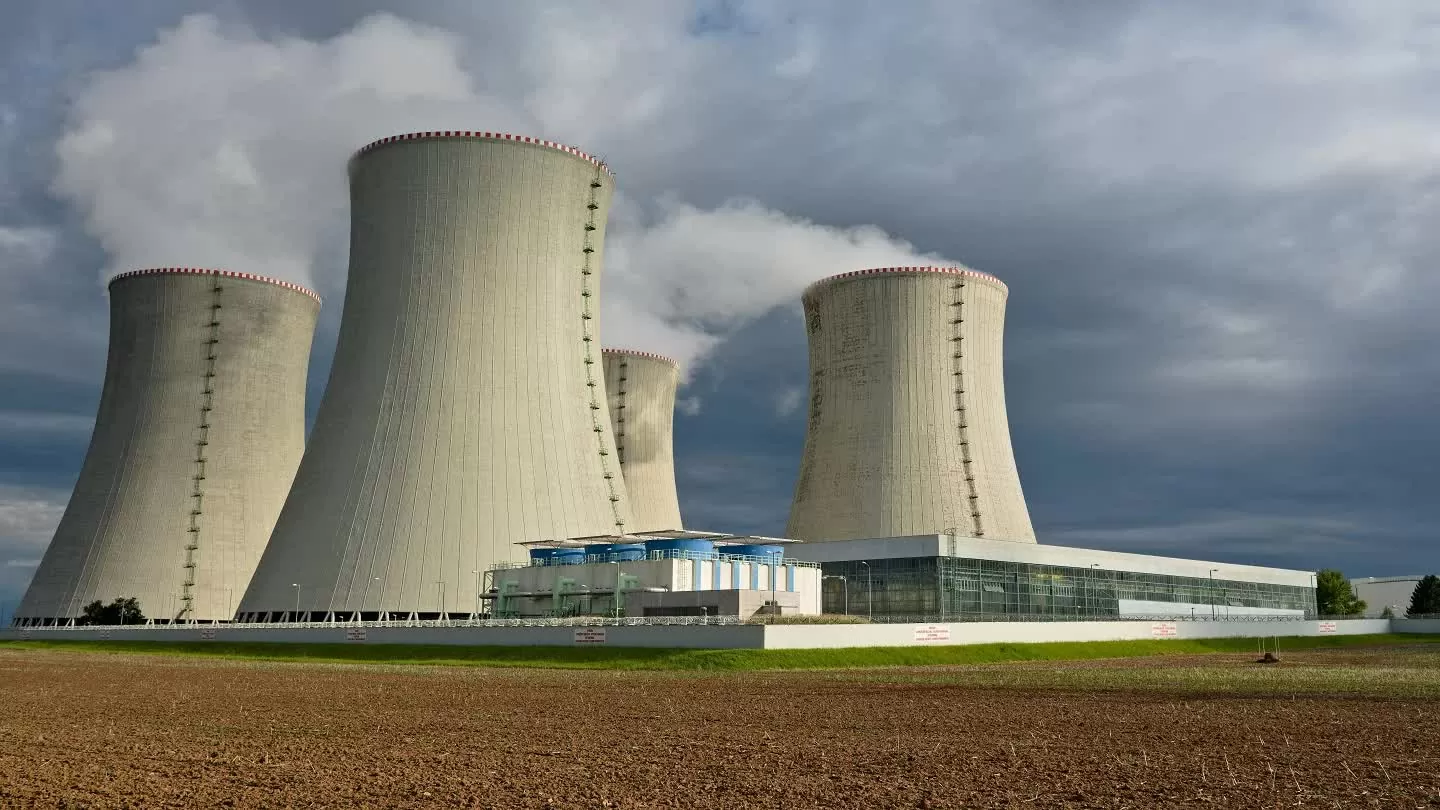 |
| Russia's Rosatom Corporation is helping Egypt build the El-Dabaa nuclear power plant with a total capacity of 4.8 GW and a cost of 30 billion USD. (Source: Power Technology) |
Egypt is one of the successful models of nuclear cooperation with Russia. As the most populous country in North Africa with more than 100 million people, concentrated mainly in densely populated centers such as Cairo, Alexandria and other major cities along the Nile Delta, Egypt needs a stable source of energy to operate its industry and meet domestic needs.
In May 2022, Russia's Rosatom Corporation joined Egypt in building the El-Dabaa nuclear power plant with a total capacity of 4.8 GW and a cost of 30 billion USD. Russia provided a loan of 25 billion USD, accounting for 85% of the total cost, with Cairo paying the rest through attracting private investment.
Despite their large energy needs, most African countries struggle to balance their finances and meet the stringent standards of the International Atomic Energy Agency (IAEA). Building nuclear plants requires careful preparation, large investment costs and a long implementation period.
Building a large-scale nuclear reactor requires thousands of workers, materials and specialized components. While civil nuclear is seen as a sustainable solution to Africa’s energy crisis, it is not a short-term process.
Commenting on the fact that Russia is expanding nuclear technology cooperation in Africa to increase political influence and seek profits, Mr. Kester Kenn Klomegah said that Moscow needs to seriously consider specific directions to deepen the Russia-Africa partnership, based on the foundation of traditional cooperation and the achievements from the two recent Summits.
In addition to the El-Dabaa project in Egypt, the Kremlin should promote similar projects in other regions, with support and guidance from regional organizations such as the African Union (AU) to lead and support member states in solving the long-term energy crisis and achieving sustainable development goals.
Source: https://baoquocte.vn/nga-tim-cach-mo-khoa-tiem-nang-hat-nhan-chau-phi-295308.html







![[Photo] Cutting hills to make way for people to travel on route 14E that suffered landslides](https://vphoto.vietnam.vn/thumb/1200x675/vietnam/resource/IMAGE/2025/11/08/1762599969318_ndo_br_thiet-ke-chua-co-ten-2025-11-08t154639923-png.webp)
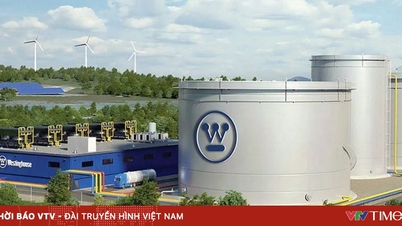

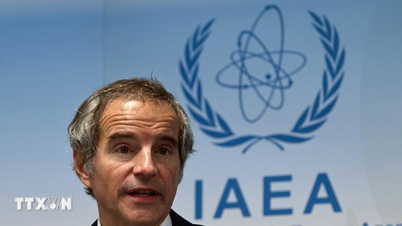

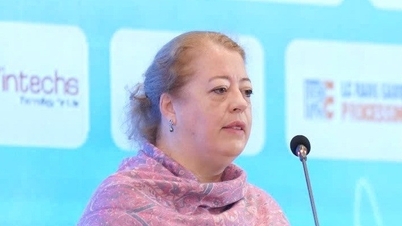

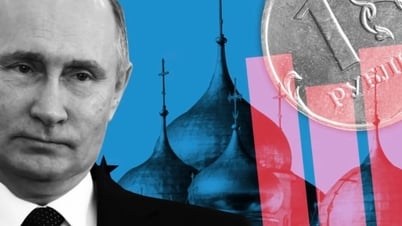

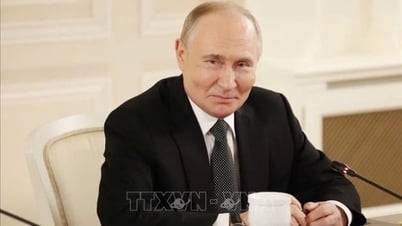



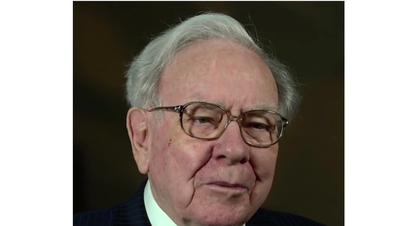



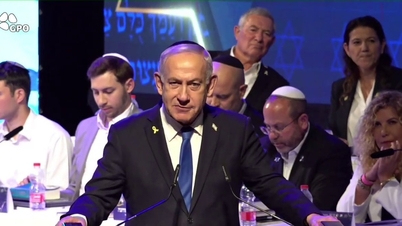
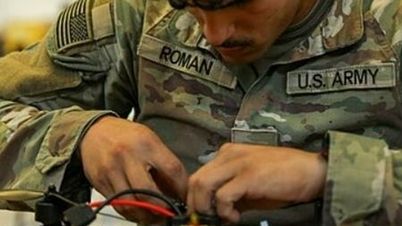




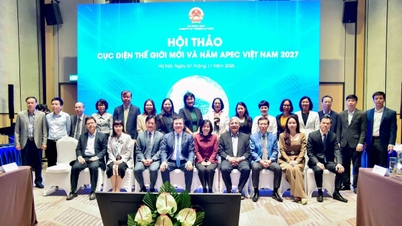
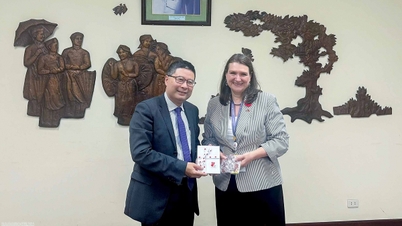
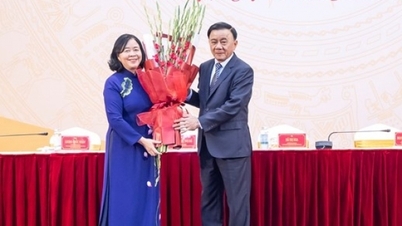
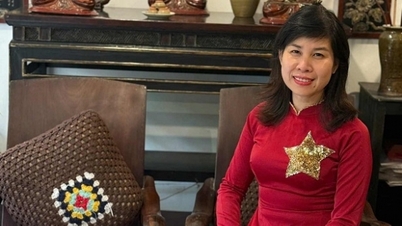
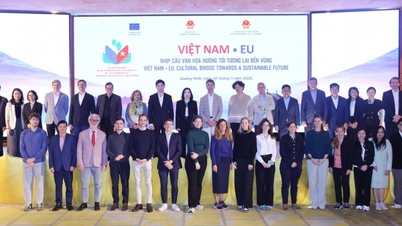
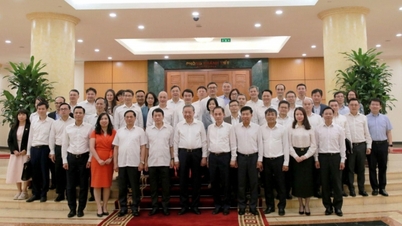








![[Video] Hue Monuments reopen to welcome visitors](https://vphoto.vietnam.vn/thumb/402x226/vietnam/resource/IMAGE/2025/11/05/1762301089171_dung01-05-43-09still013-jpg.webp)















































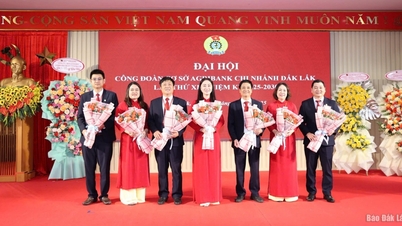

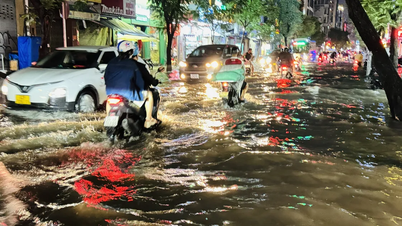

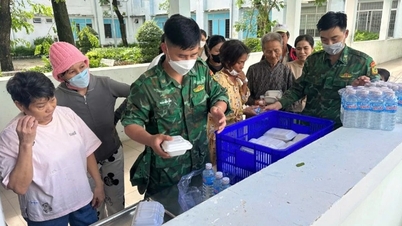












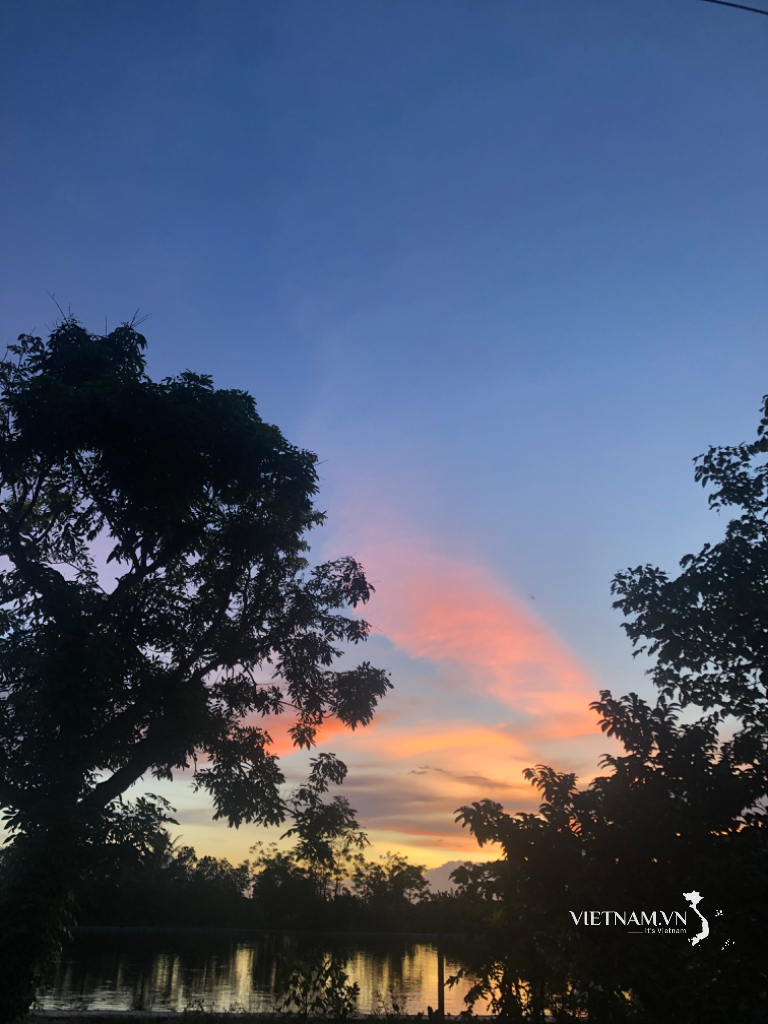



Comment (0)